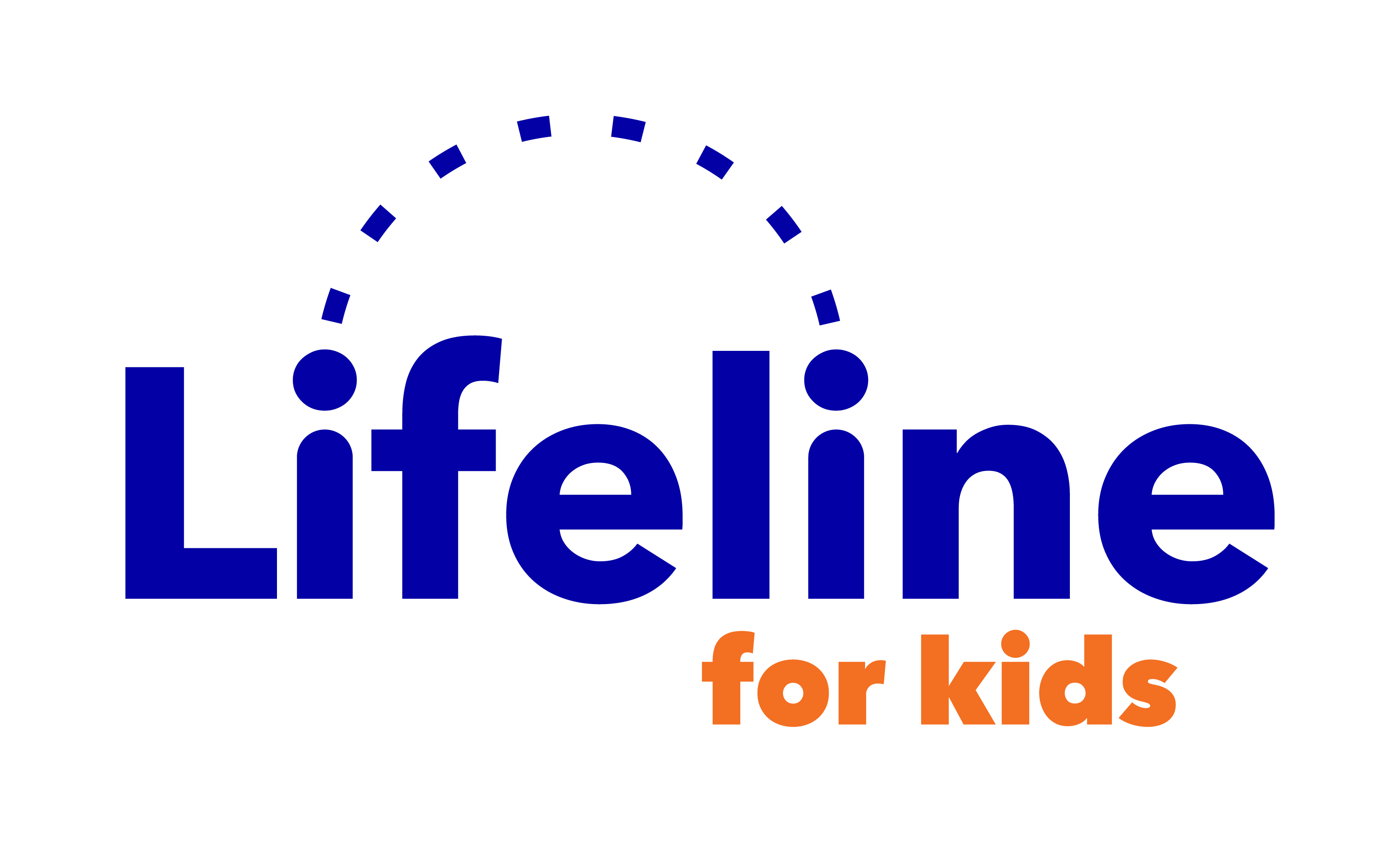For Parents and Caregivers: Child Trauma Resources
Child trauma is more common than you know. The good news is that treatment works, and recovery is possible. You and your child can overcome and heal after traumatic situations and events. Our child trauma resources for parents and caregivers give you a place to start.
Need Help?
Do you feel sad or scared? We’re here to help:
988 Suicide and Crisis Lifeline
Call or text: 988
National Domestic Violence Hotline
Massachusetts Statewide Crisis Services Directory
Call: 1-877-382-1609
The Trevor Project for LGBTQ youth
United Way 211 Helpline for community services
LINK-KID: A Centralized Referral Service for Evidence-Based Trauma Treatments
Please note: LINK-KID eligibility guidelines have changed.
We are currently accepting referrals for:
-
-
-
-
-
- Youth ages 16-25
- Youth residing in Worcester
- Youth involved with a Children's Advocacy Center (CAC) or the Office of the District Attorney (DA)
- Youth in foster care
-
-
-
-
Make a referral for an Eligible Youth
-
-
- Call: 1-855-LINK-KID (1-855-546-5543) to speak to someone about getting help. Callers who are deaf or hard of hearing can use MassRelay 7-1-1 to access LINK-KID.
- Email: CTTCreferral@umassmed.edu
-

Mental Health and Child Trauma Resources for Parents and Caregivers
Our Resilience Through Relationships initiative promotes resilience skills in children and their caregivers. Our resources support families as they parent children who have experienced trauma. Explore our resources:
Before You Talk to Your Children: How Your Feelings Matter
Celebrating Your Child's Strength
Helping Your Child Navigate a Relationship with the Abusive Parent
How Does Domestic Violence Affect Children?
The Importance of Playing with Your Children
Keeping Your Children Safe and Responding to Their Fears
Listening and Talking to Your Child About Domestic Violence
Managing Challenging Behavior of Children Living with Domestic Violence
A Parent’s Self-Care and Self-Reflection
Helping Young Children and Families Cope with Trauma
Understanding Your Child's Behavior: Reading Your Child's Cues from Birth to Age 2
Teaching Your Child to: Identify and Express Emotions
Teaching Your Child to: Become Independent with Daily Routines
Bureau of Substance Addiction Services (BSAS)
Handhold – Guiding you through your child’s mental health journey
Massachusetts Child Psychiatry Access Program (MCPAP)
MassHealth Children's Behavioral Health Initiative (CBHI) For Families
Parent/Professional Advocacy League (PPAL): Improving Mental Health for Children & Families
After the Injury: Helping My Child Cope
After the Hospital: Helping My Child Cope
After the Injury: Helping Myself Cope
Established by Congress in 2000, the National Child Traumatic Stress Network (NCTSN) brings a singular and comprehensive focus to childhood trauma. NCTSN’s team of frontline professionals, researchers, and families is committed to raising care standards and increasing access to services for traumatized children, their families, and communities throughout the U.S.
NCTSN changes the course of children’s lives by changing the course of their care through:
- Expertise in the full range of child traumatic experiences
- Dedication to evidence-based practices
- Knowledge of child development
NCTSN offers:
- Comprehensive reading materials on trauma types and traumatic stress
- Information on public awareness and upcoming training events
- Resources:
How to Support Your Child’s Resilience in a Time of Crisis
Lifeline for Kids resilience videos on YouTube
‘Reassurance, routines, and regulation’ critical for children in isolation, expert says (The Altamont Regional Enterprise)
Tips for Building Resilience in Our Children
'We Can Talk About This': Kids Benefit When Parents Open Up About Mental Health Struggles (WBUR News)
Our Pair-A-Docs videos offer practical tips for parents and caregivers to build resilience in their children. These short videos help them better understand what’s happening in the brain during stressful and traumatic events and how to cope with stressful situations that occur when caring for children.
How Toxic Stress Affects Us, and What We Can Do About It from the Center on the Developing Child at Harvard University
Caring for Kids: What Parents Need to Know About Sexual Abuse
Child Sexual Abuse Fact Sheet for Parents, Teachers, and Other Caregivers
Questions & Answers About Child Sexual Abuse
Straight Talk About Child Sexual Abuse: A Prevention Guide for Parents
Teen Sexual Assault: Information for Parents
Understanding and Coping With Sexual Behavior Problems in Children
The MindTrails Project (tool to learn how to cope with anxiety using interpretation bias training)
Young Children at Home during the COVID-19 Outbreak: The Importance of Self-Care


